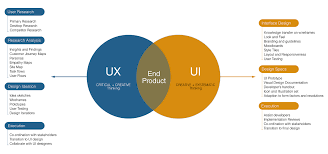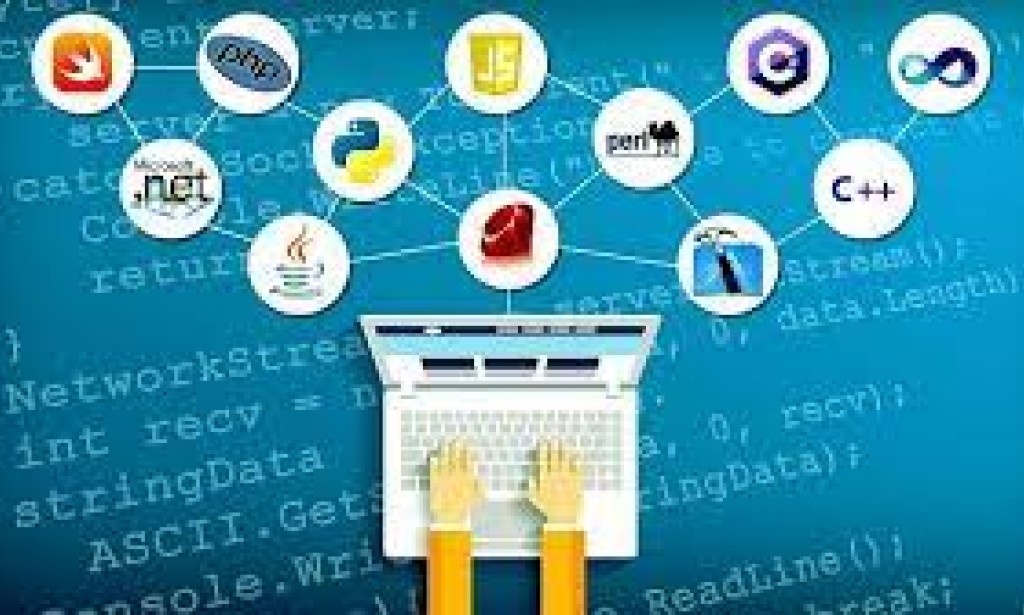Table of content
1. Programming Languages
2. Web Development Tools
3. Mobile App Development
4. Database Management
5. Software Engineering & DevOps
6. Machine Learning, AI, and Data Science
7. Cybersecurity Solutions
8. Game Development
9. Software Testing and UX/UI Design
10. Open-Source Software & Agile Methodology
Conclusion
Introduction:
Software development is a dynamic field encompassing a wide array of disciplines, tools, and methodologies. For individuals stepping into this domain, grasping the fundamentals is key. Let's explore various facets of software development, providing an overview of key concepts and resources for beginners.
1. Programming Languages:
Understanding programming languages forms the backbone of software development. Languages like Python, Java, JavaScript, C++, Ruby on Rails, PHP, and more serve distinct purposes, catering to diverse applications and industries. Python's simplicity appeals to beginners, Java powers enterprise applications, while JavaScript drives web interactivity.
2. Web Development Tools:
For crafting websites and web applications, familiarity with web development tools is essential. Frameworks like React.js, Angular, and Vue.js aid in frontend development, while backend tools like Node.js, Django, and Ruby on Rails facilitate server-side operations.

3. Mobile App Development:
Creating mobile apps involves specialized tools and frameworks such as Swift or Kotlin for native iOS and Android development respectively, or cross-platform solutions like React Native and Flutter.
4. Database Management:
Efficiently storing and managing data is crucial. Tools like MySQL, PostgreSQL, MongoDB, and Oracle facilitate different types of database management systems.
5. Software Engineering & DevOps:
Software engineering principles and DevOps tools ensure efficient development and deployment pipelines, encompassing version control systems (e.g., Git), CI/CD (Continuous Integration/Continuous Deployment), and cloud services (e.g., AWS, Azure).
6. Machine Learning, AI, and Data Science:
These domains leverage Python libraries like TensorFlow and scikit-learn for machine learning, AI frameworks like TensorFlow and PyTorch, and data science tools like Jupyter Notebooks and Pandas for data analysis.
7. Cybersecurity Solutions:
Ensuring software security involves employing tools and practices such as encryption, firewalls, penetration testing, and security frameworks like OWASP.
8. Game Development:
Game development software like Unity and Unreal Engine aids in creating immersive gaming experiences, offering a blend of visual scripting and traditional coding.
9. Software Testing and UX/UI Design:
Testing techniques, like unit testing and automated testing, are crucial for ensuring software quality. UX/UI design tools such as Adobe XD, Figma, and Sketch help in creating user-friendly interfaces.

10. Open-Source Software & Agile Methodology:
Leveraging open-source software fosters collaboration and innovation. Agile methodology, emphasizing iterative development and flexibility, has become a standard approach in software engineering.
Conclusion:
Embarking on a software development journey involves continuous learning and adaptation to evolving technologies. Familiarity with programming languages, development tools, methodologies, and specializations is foundational. Embrace the learning process, leverage resources available online, and dive into projects to apply newfound knowledge. The world of software development is vast, but with dedication and practice, it becomes an exciting playground for innovation and creativity.


You must be logged in to post a comment.